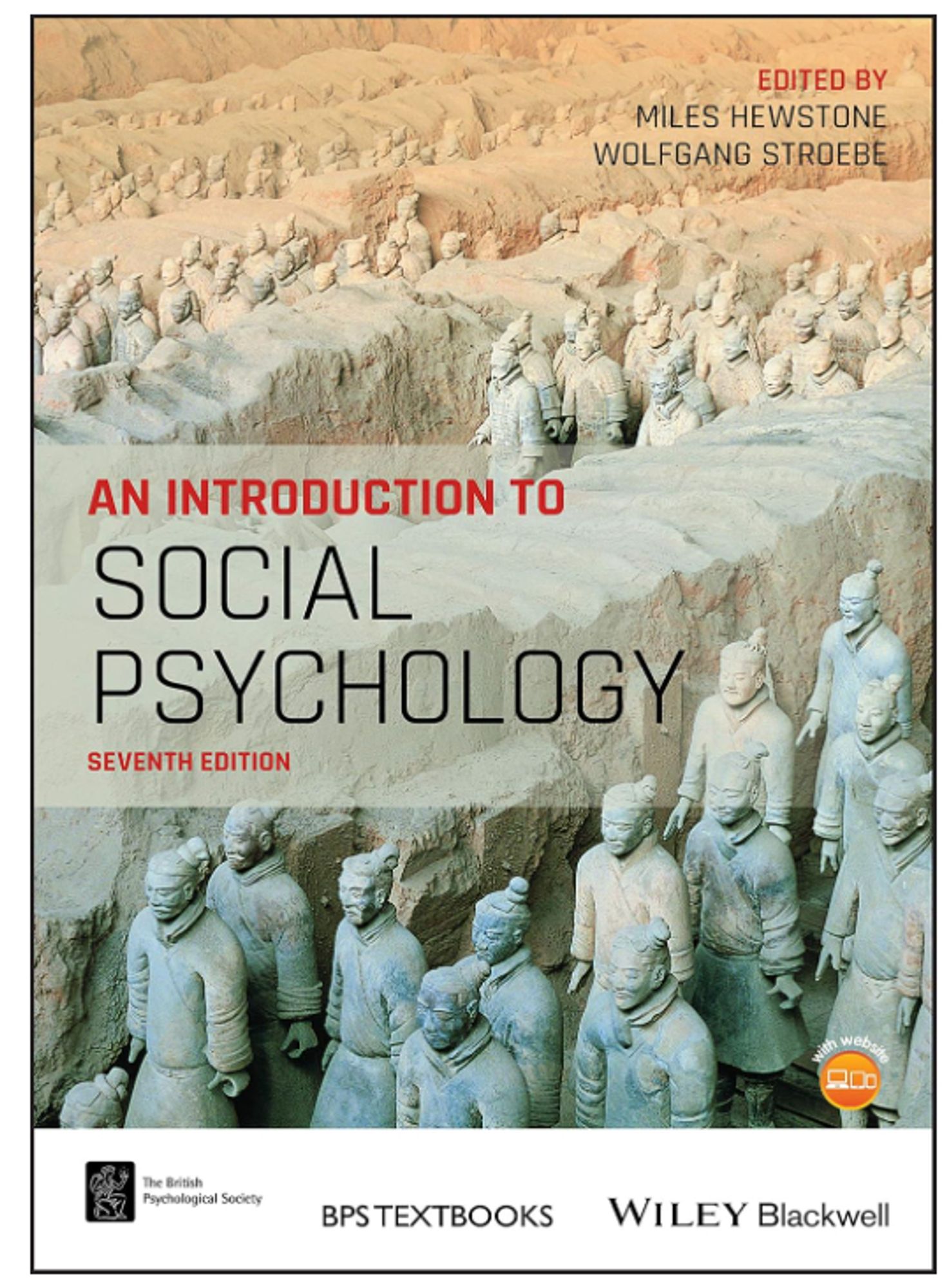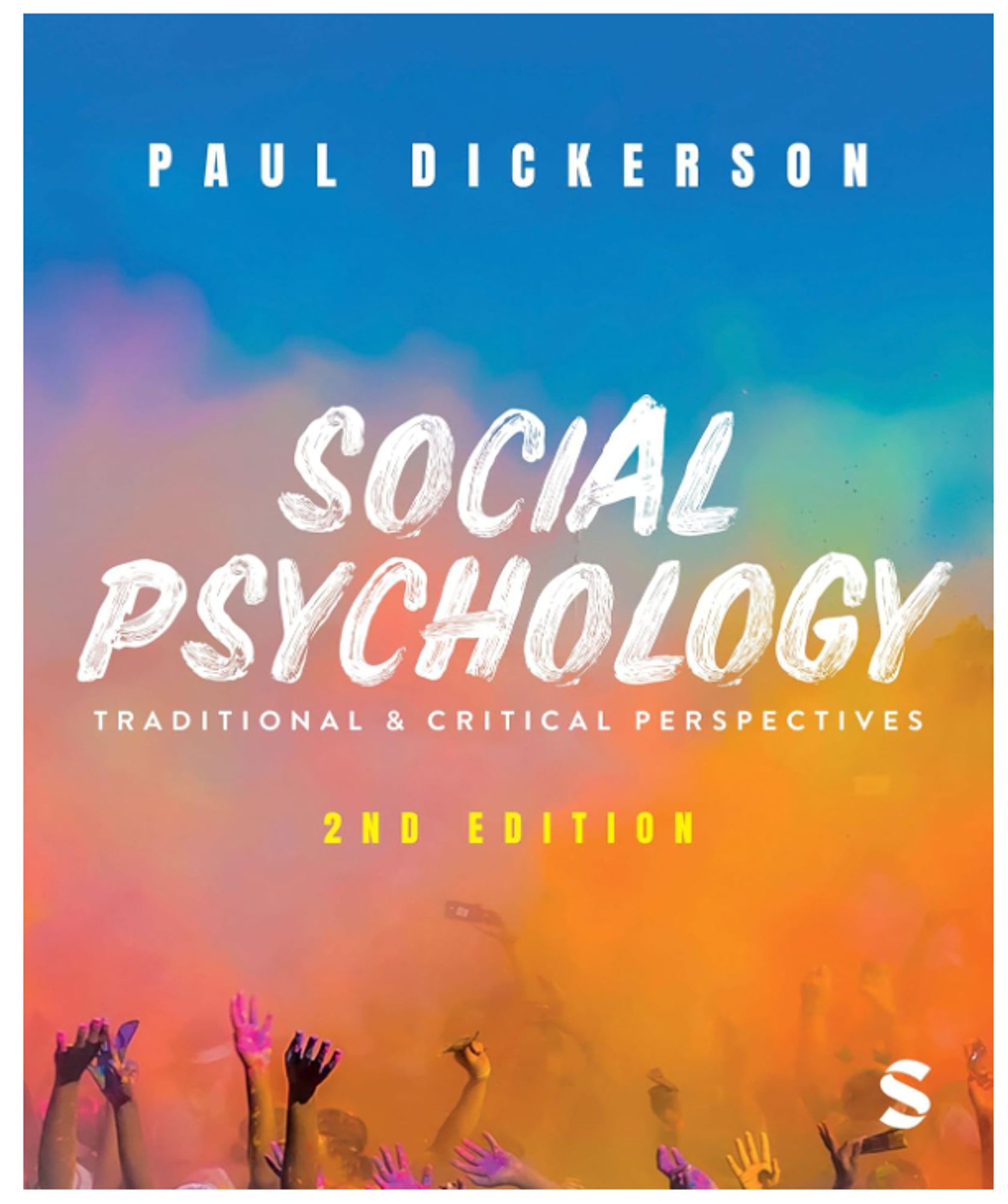Hmm, not sure I ascended there 😬! It's just a place where there's clarity that the most important things are the integrity of your work, contributing to environments that support others, and not compromising those in the face of others' expectations - various ECRs I know are already there, in fact
Definitely - I'm mindful that I've reached the 'don't care' career stage, which is a perverse form of privilege on top of others I guess
I read several papers on hesitations around preprints for ECRs; worries about errors or getting scooped. But I rarely hear from mid-career (associate or senior lecturer levels) or full profs. What are some of the concerns there? Are they the same concerns as ECRs?
I post pre-prints of new stuff when possible, and the only legit concern I have is that it can compromise blind peer review. Not to say that blind peer review is an absolute good, but can be important for some folks in some areas
We got this too to some extent when switching to jamovi for final year stats. My reply was that it doesn't mean it's compulsory for supervisors to use it too - just possible. As ever, use whatever you want for your projects (I used jamovi for years while SPSS was still taught)
"even if data are quantitative and numerical, the ways in which they are analysed and, to a greater extent, the inferences made from this analysis, will vary depending on who the researcher is." I LOVE this paper, which talks about reflexivity in quant, not qual, research tinyurl.com/3r3s39ty
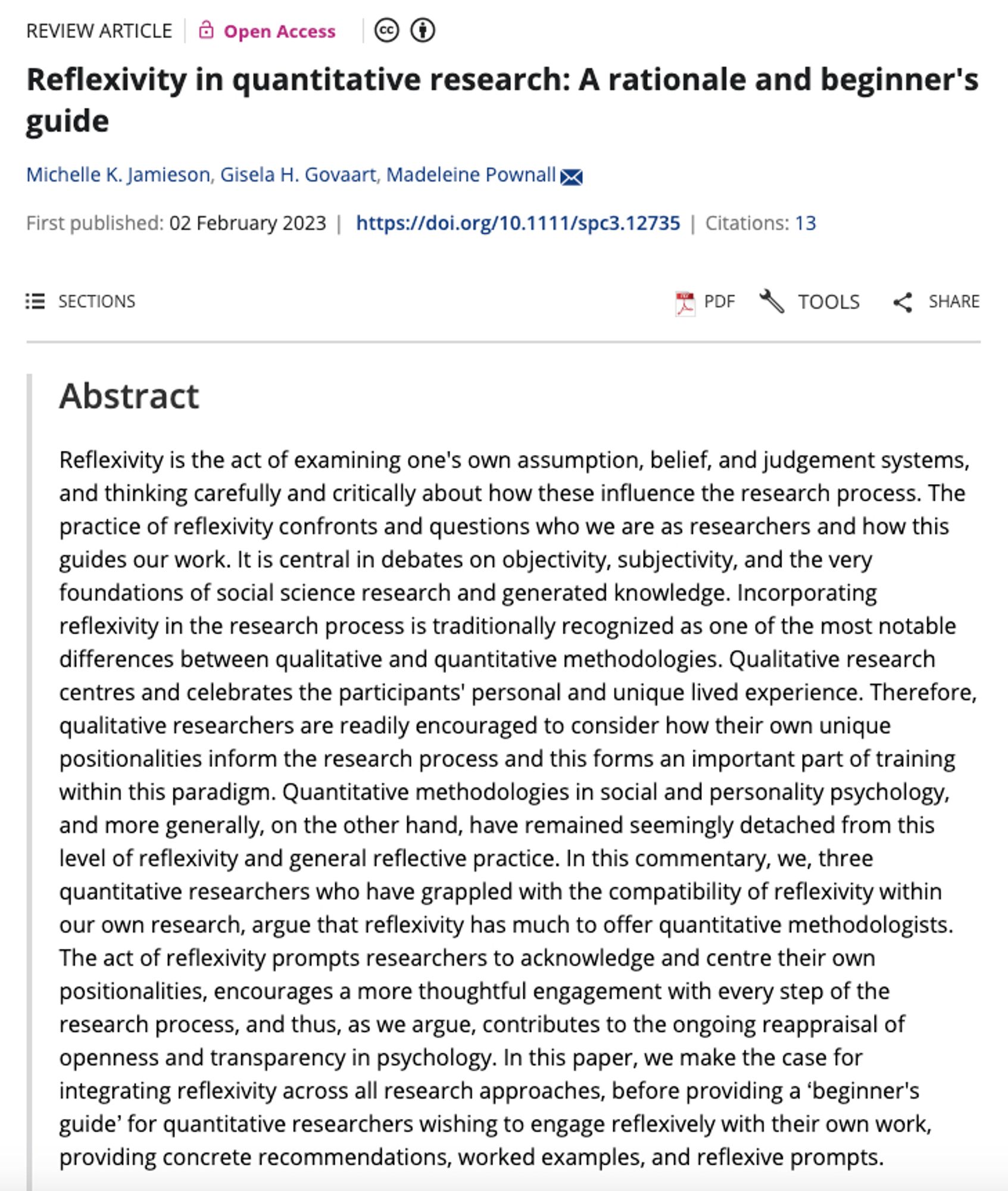
Review essay highlighting the importance of norms for social change. A key example is that norms promoting cross-group contact is related to more comfort with contact #SocialPsyc#prejudice#psychscisky#poliskyonlinelibrary.wiley.com/doi/full/10....
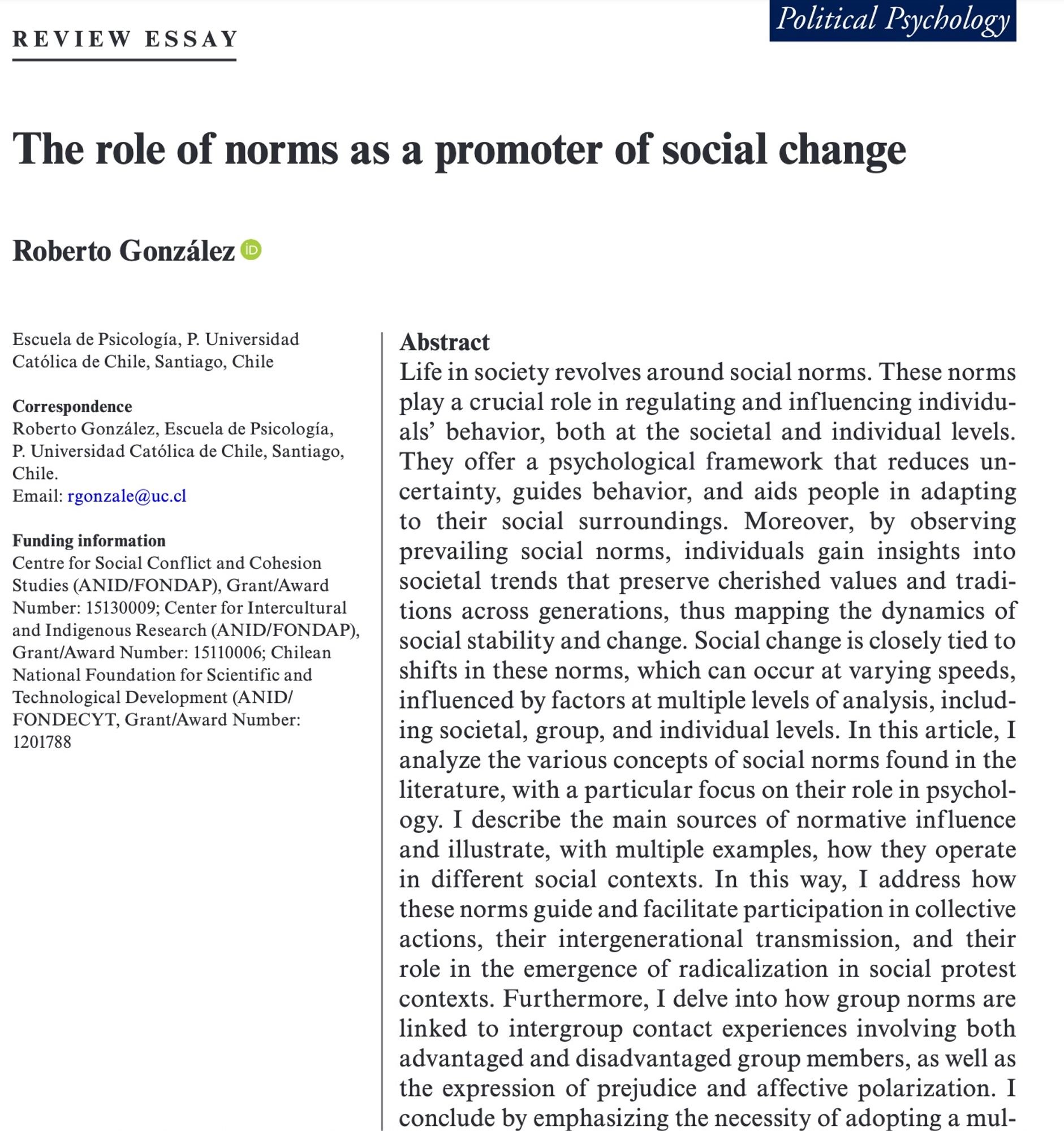
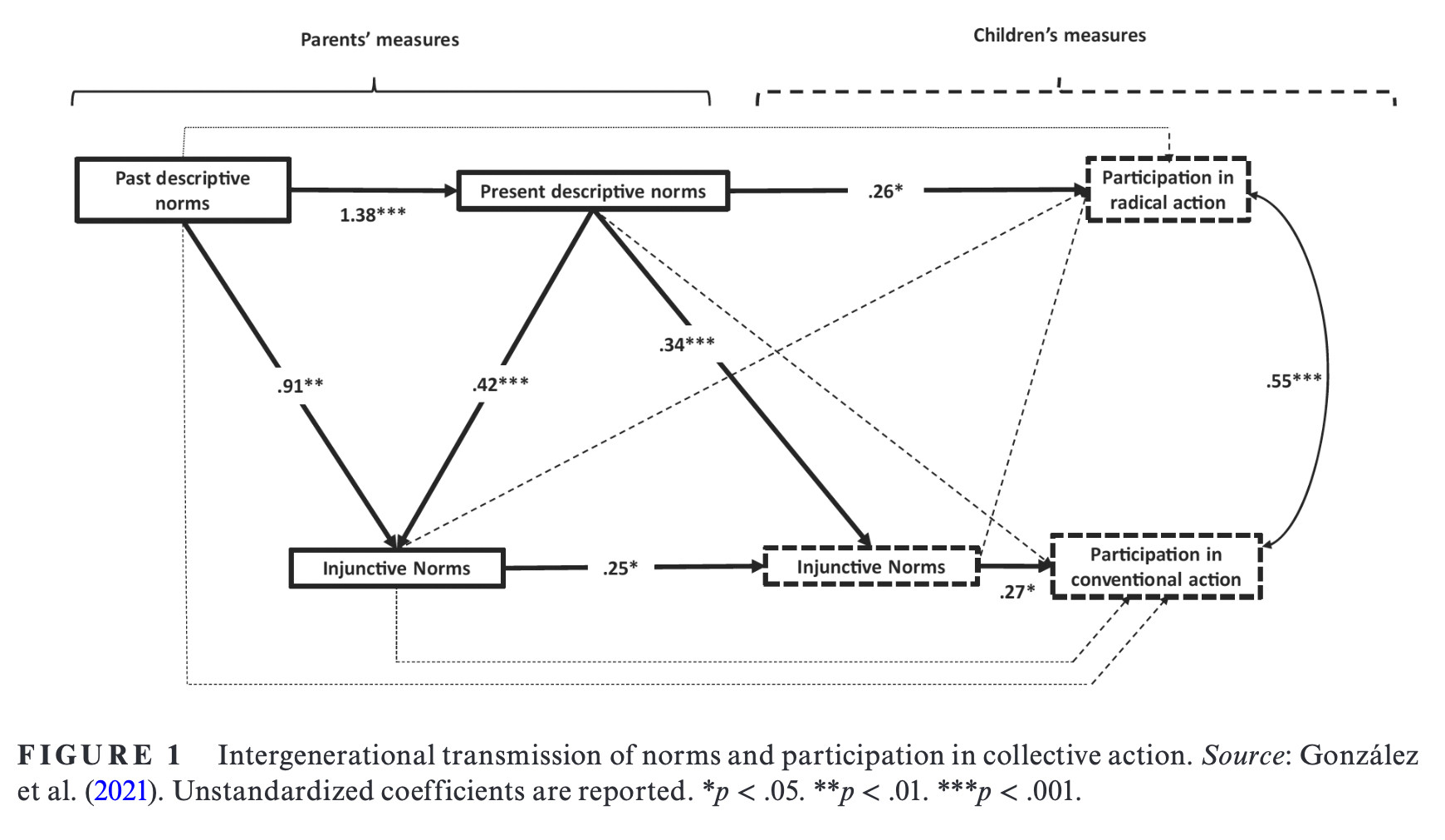
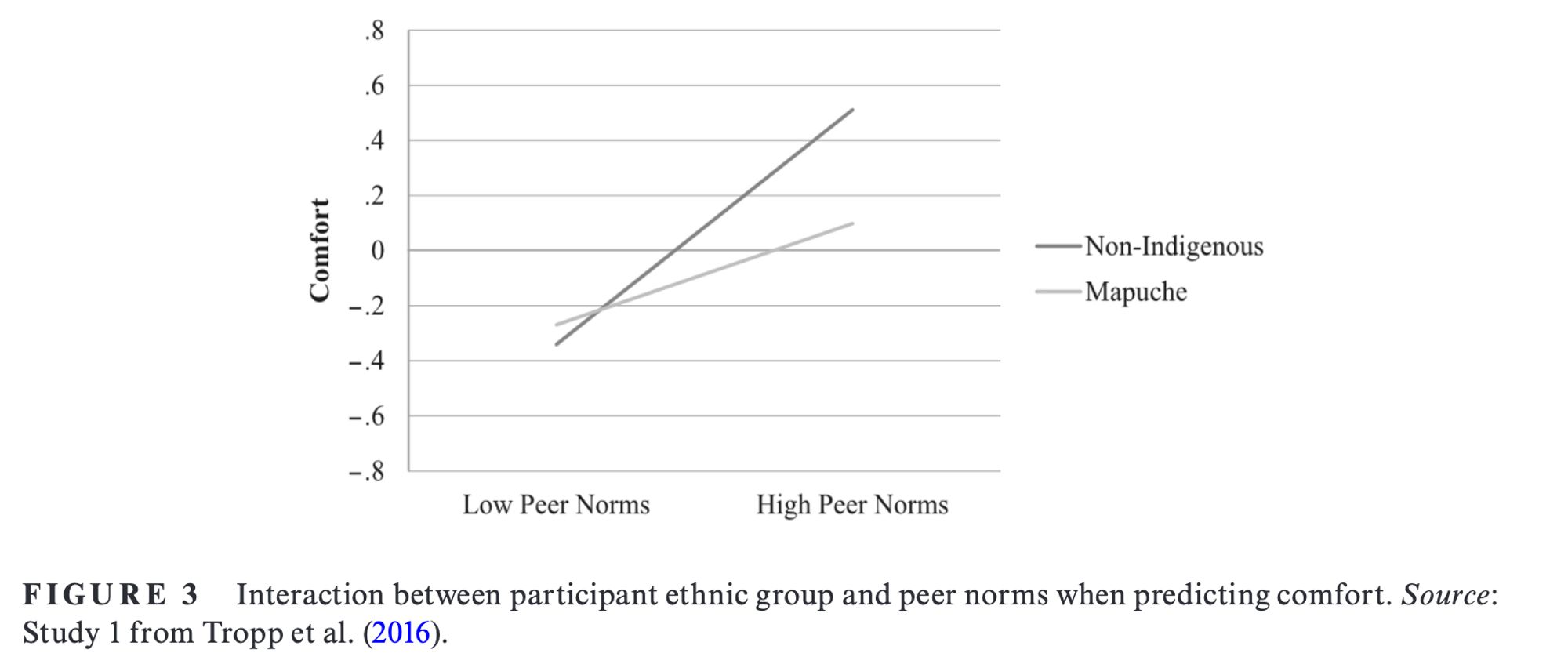
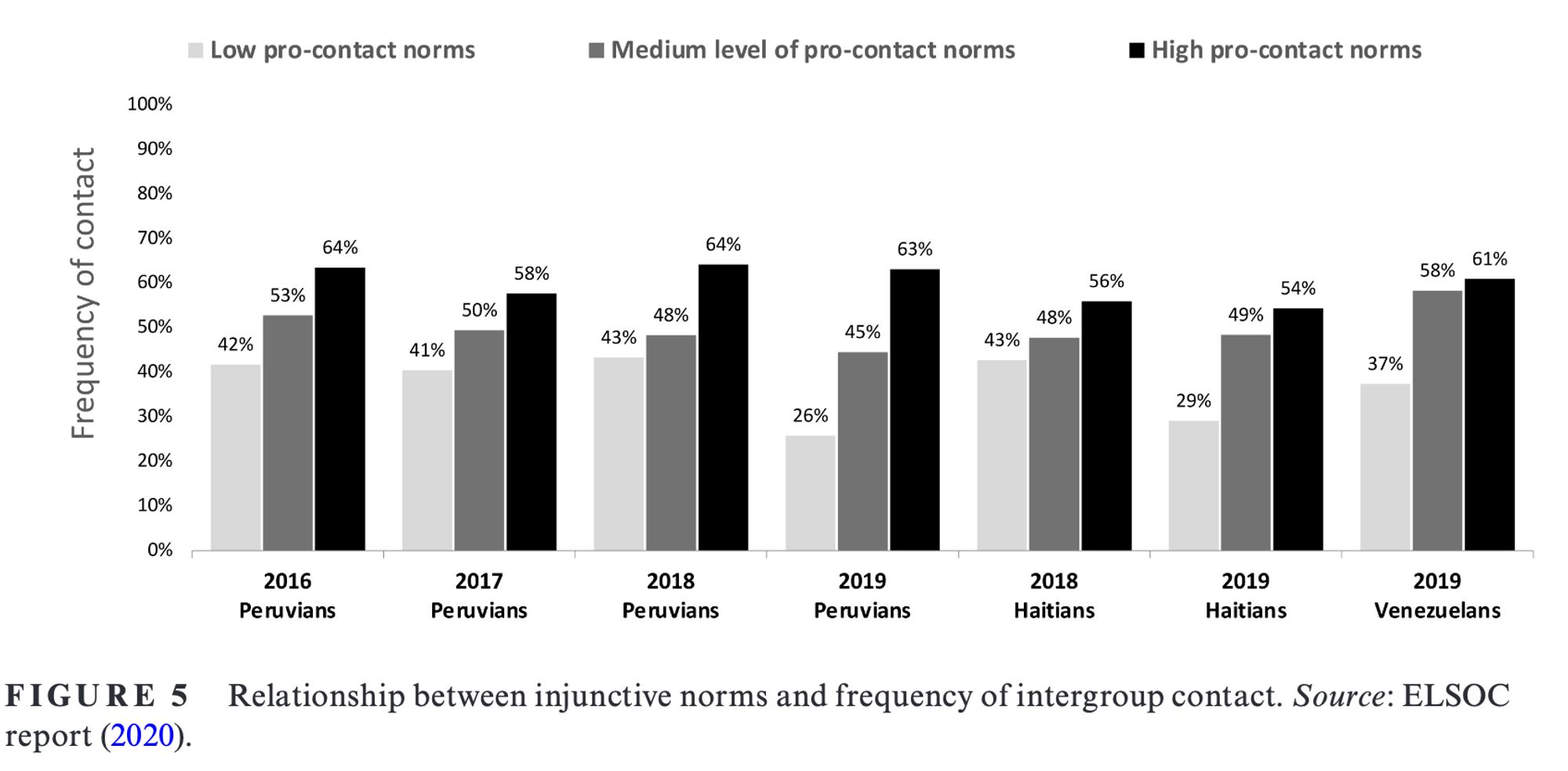
🚨New Publication🚨 Intergroup contact does more than reduce prejudice. Positive outgroup experiences relate to positive pro-mixing attitudes, via increased levels of outgroup respect and outgroup understanding. We looked at inter/ethnoreligious contexts. www.sciencedirect.com/science/arti...

Although numerous studies have documented the robust effect of positive intergroup contact experiences in reducing prejudice and improving positive at…
Slight bias as a chapter co-author, but this one (now 7th ed, 2020) used to be (supposedly) a 'European perspective' - though moot how different that is from US in global terms!
